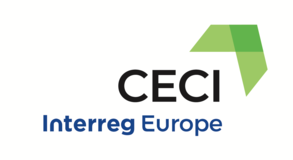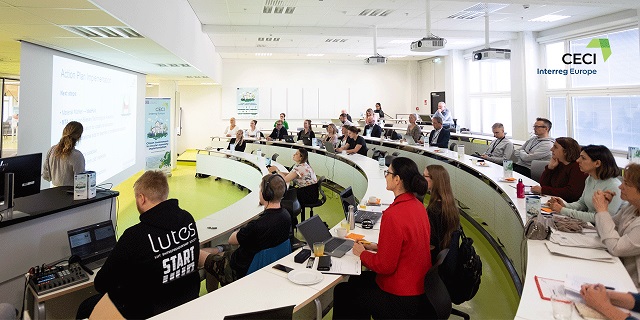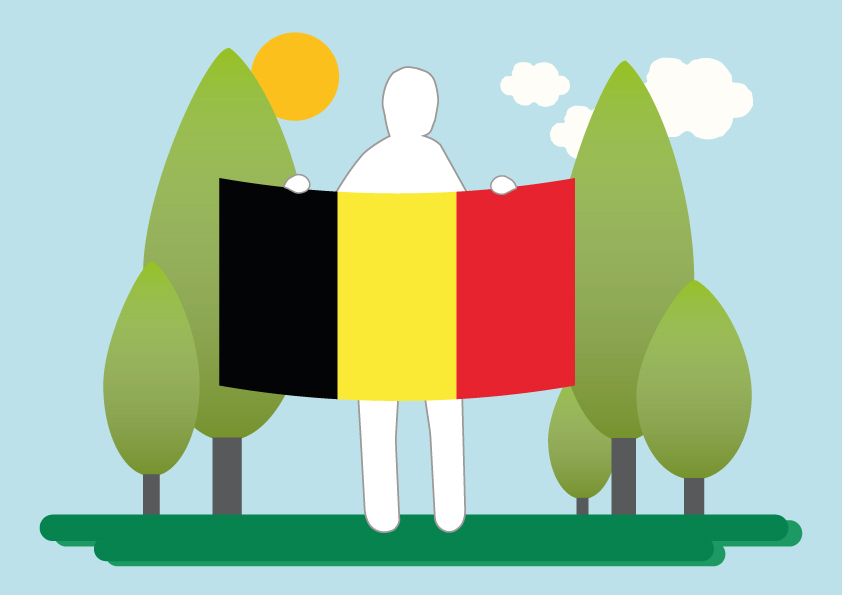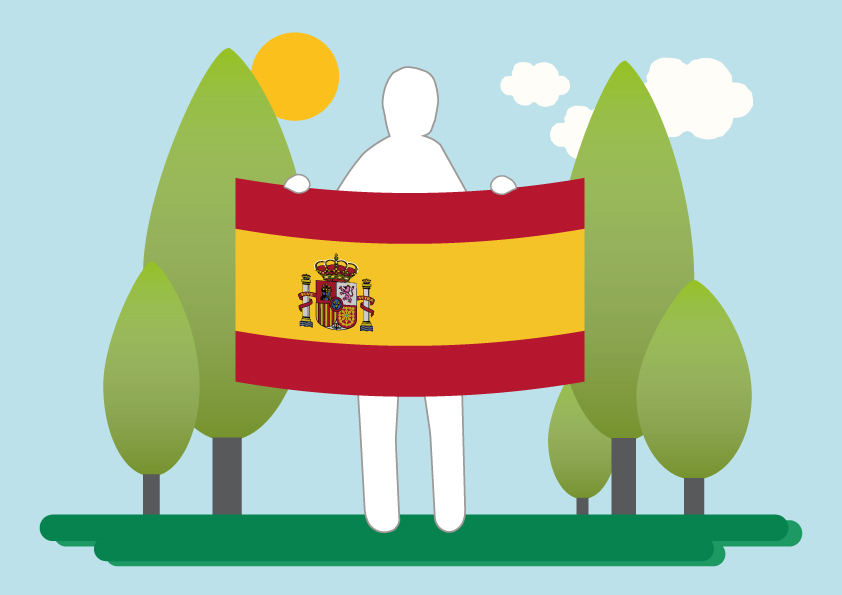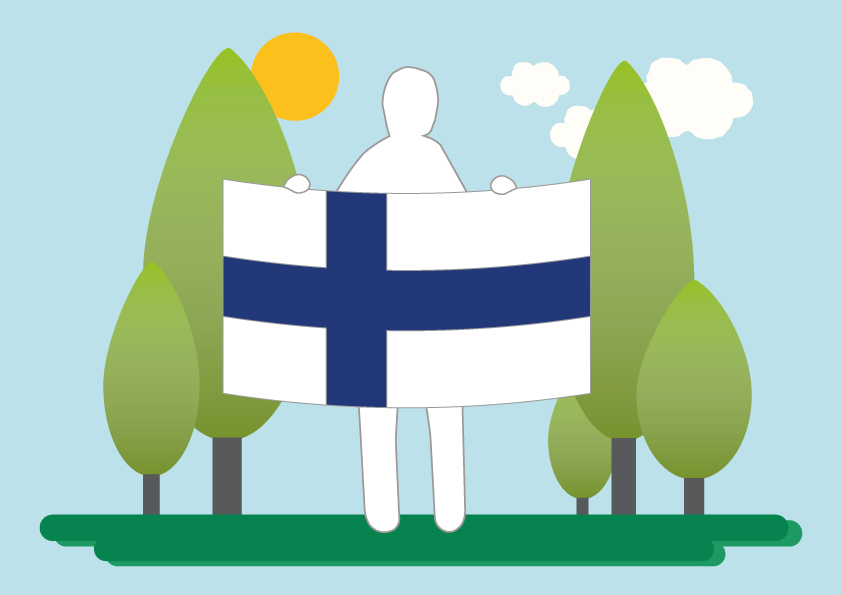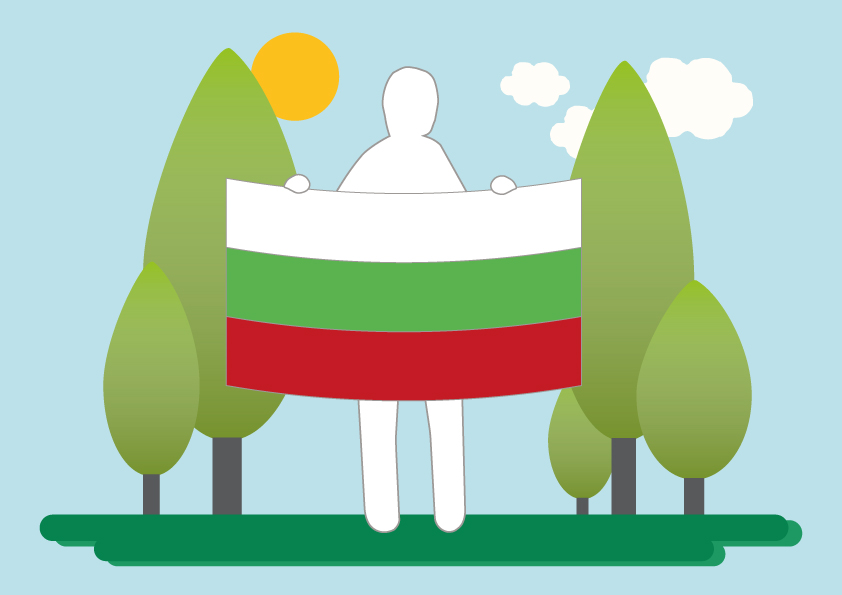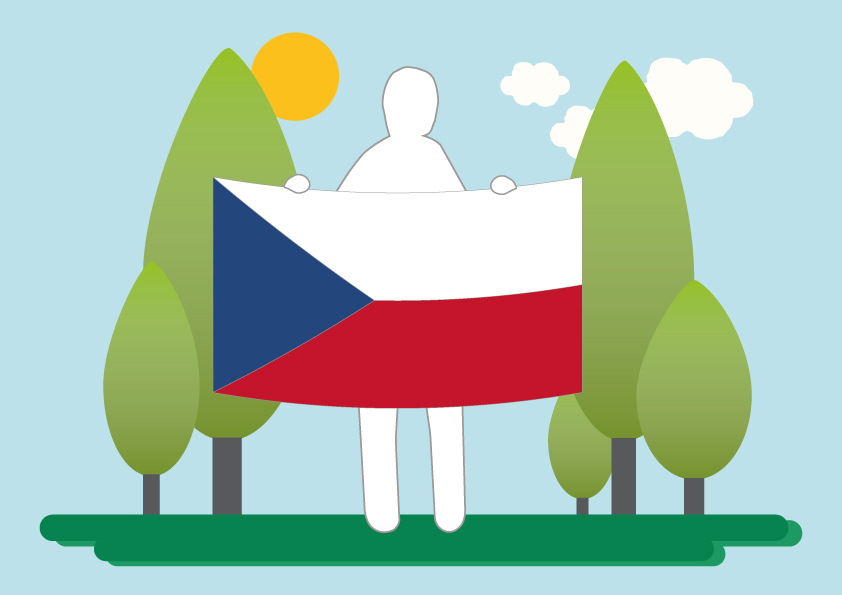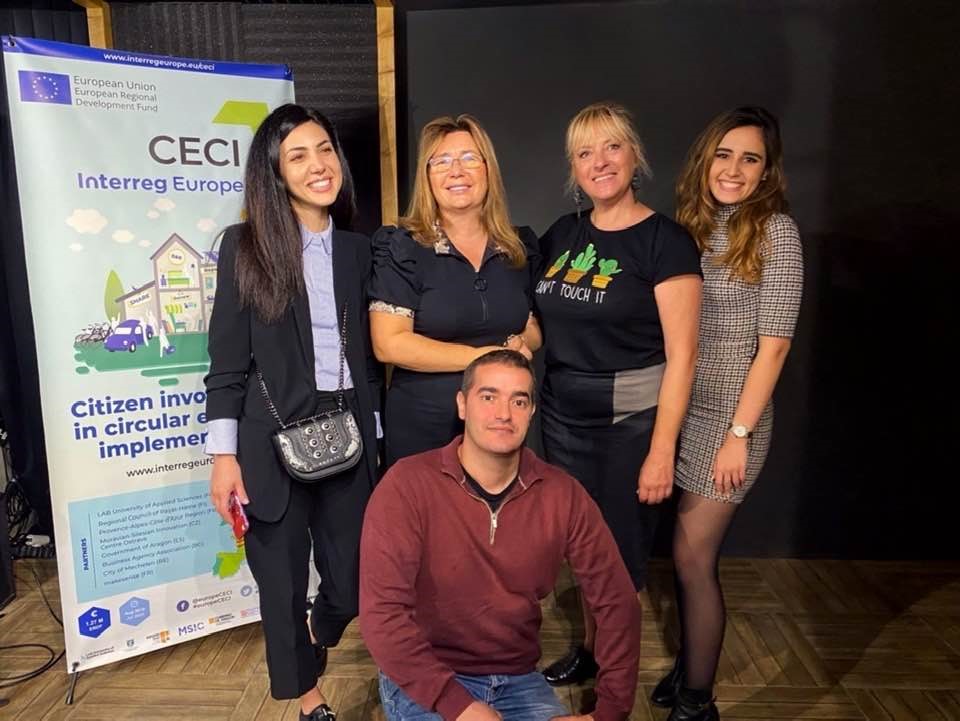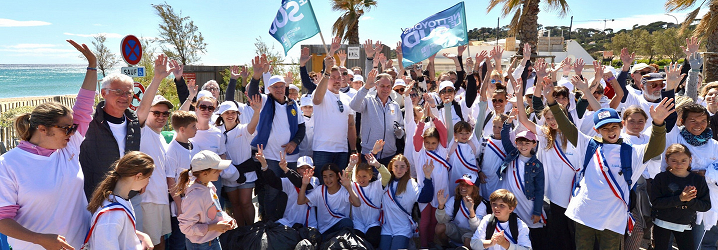Mechelen has been working on a circular economy roadmap for the city departments, which has been approved by the municipal board in October 2020. At that time they also signed the European Circular cities declaration as one of the founding signatories. After that, the participatory process with external stakeholders gained momentum. They aspire to make an integrated action plan together with all of the stakeholders in the city to become a circular city by 2050. And reduce the use of raw materials by 50% by 2030.
This past semester, the CECI local stakeholder group has been extended, adding new stakeholders from various stakeholder groups (entrepreneurs/businesses, financial institutions, regional authorities regarding waste management, the inter-municipal waste companies, individual citizens, and citizen collectives) for three intense stakeholder workshops. During these workshops, they went from a common, general vision to clearly defined and focused actions. To become a climate-neutral city by 2030 it is very clear that Mechelen needs to include circular thinking in consumption modes, especially for these value streams: construction materials, food consumption, textiles, and furniture consumption. A study has been done and shows that the development of the local circular economy in Mechelen will deliver 5000 to 8000 new jobs, of which one-fourth are jobs for people with a distance to the labor market. This, as well as the survey conducted within the region of Mechelen to research how entrepreneurs are perceiving the circular economy and which strategies they deploy, helped the city of Mechelen stakeholders to focus on specific actions and to cluster interests.
While working on a common vision and action plan with all the stakeholders within the city, Mechelen is supporting those entrepreneurs and citizens in Mechelen that make the circular economy true. Both financially, thanks to the Climate action subsidies, and in matchmaking or building a local circular economy community which shows the way to a new low-carbon economy that closes the loop at the local level. As such, new circular initiatives arise or are supported, for example, the Circular Innovation Lab which aims to test circular business models and creates jobs in the manufacturing of clothing, the Coflab, a bio-incubator of coffee grit valorization, or many other initiatives which are now launched or start to look for funding or investments.
More information on the soft policy instruments that are used by the city of Mechelen to foster the circular economy can be found here. The information has been presented to a wider audience in a partner event of the EU Green Week on the 25th of May 2021.
